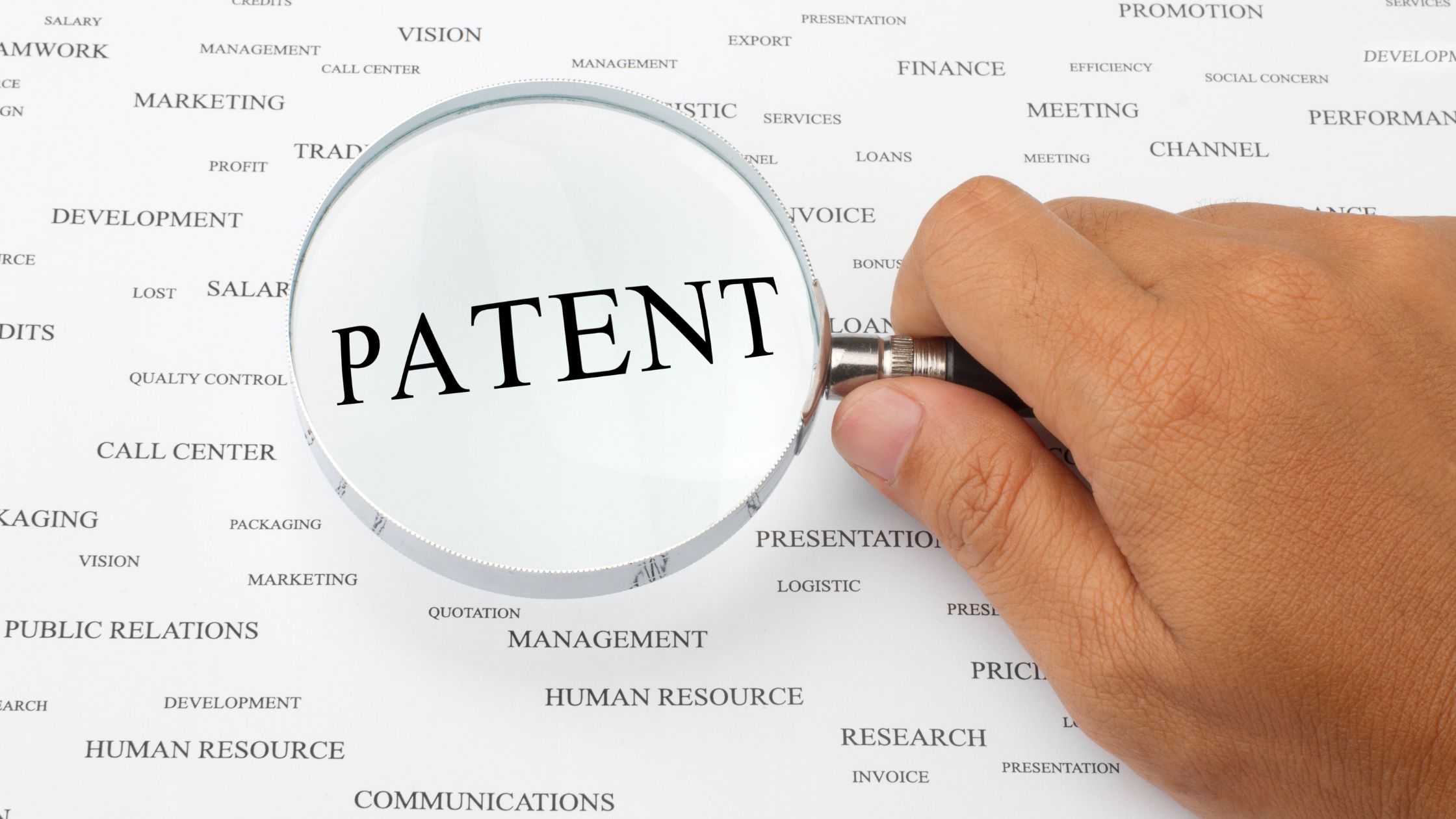When a patent is invalidated, it means that the patent no longer has any legal force. This can happen for a number of reasons, including if the patent was granted in error or if it doesn’t satisfy the requirements set forth by the US Patent and Trademark Office. If you are involved in a dispute over a patent, it’s important to understand what happens when a patent is invalidated. In this blog post, we will discuss the consequences of an invalidated patent and what you can do if your rights are violated.
What is a patent and what does it protect?
A patent is a form of intellectual property that grants its owner exclusive rights to the patented invention. A patent gives protection for an invention or process, and prevents others from making, using, selling or offering to sell the protected invention without permission from the patent holder.
How do you know if a patent is invalidated?
A patent can be invalidated for a variety of reasons, including prior art that was not previously considered, failure to meet the requirements of patentability, or even procedural errors in obtaining the patent. If you would like to know if one of your patents has been invalidated, you should first consult with a qualified intellectual property attorney.
What happens if a patent is invalidated?
If a patent has been invalidated through IPR or a declaratory judgement action, the patent holder will no longer have exclusive rights to the invention. This means that anyone can make, use, or sell the invention without risking infringement of the patent. However, it is important to note that invalidating a patent does not necessarily mean that the invention was not novel; rather, it means that there are prior art references that were unknown when the patent was granted.
Ultimately, invalidating a patent can help to increase innovation and competition in the market. By allowing others to use or build upon the invention, it encourages further development, which can lead to improved products and services for consumers. It also creates a level playing field by preventing one company from having exclusive rights over an invention for an extended period of time.
In sum, invalidating a patent can lead to increased innovation and competition which ultimately benefits consumers. While the process may be lengthy and expensive, it can result in increased market efficiency and a better overall experience for everyone involved.
What happens if you lose a challenge to a patent’s validity?
When a patent is invalidated, it can no longer be legally enforced. This means that anyone is free to use, manufacture, or sell the invention without fear of being sued for patent infringement. If the patent was used previously in infringement cases and settlements have been made, those settlements are also rendered void when a patent is invalidated.
How can you challenge a patent’s validity?
A patent’s validity can be challenged in a number of ways. The most common way is a process called inter partes review (IPR), which allows someone to request the Patent Trial and Appeal Board (PTAB) to review the patent and determine whether it was correctly issued by the USPTO. Additionally, a patent may also be challenged in a declaratory judgment action, where a person or company states that the invention was already known prior to the patent being issued, or that the patent is not novel.
What are the consequences of an invalidated patent?
When a patent is invalidated, it means that the patent is no longer legally valid and enforceable. This can have various consequences for the holder of the patent and any other parties involved in the matter.
For the holder of a patent, an invalidation can mean forfeiting all rights to their invention or products. They will no longer be able to benefit from the exclusive rights that come with a valid patent, such as preventing others from copying or profiting from their invention. This can be especially damaging for small businesses and inventors who rely on their patent for protection and income.
The consequences of an invalidated patent may also extend to other parties involved. If the patent was being used as part of a licensing agreement, for example, the holder could potentially be sued for breach of contract and face legal consequences. Likewise, anyone found to be infringing on an invalidated patent may no longer be held liable for their actions.
In short, the consequences of an invalidated patent can vary widely depending on the circumstances. It is important to assess the situation carefully and understand how it may affect your rights or those of any other parties involved.

